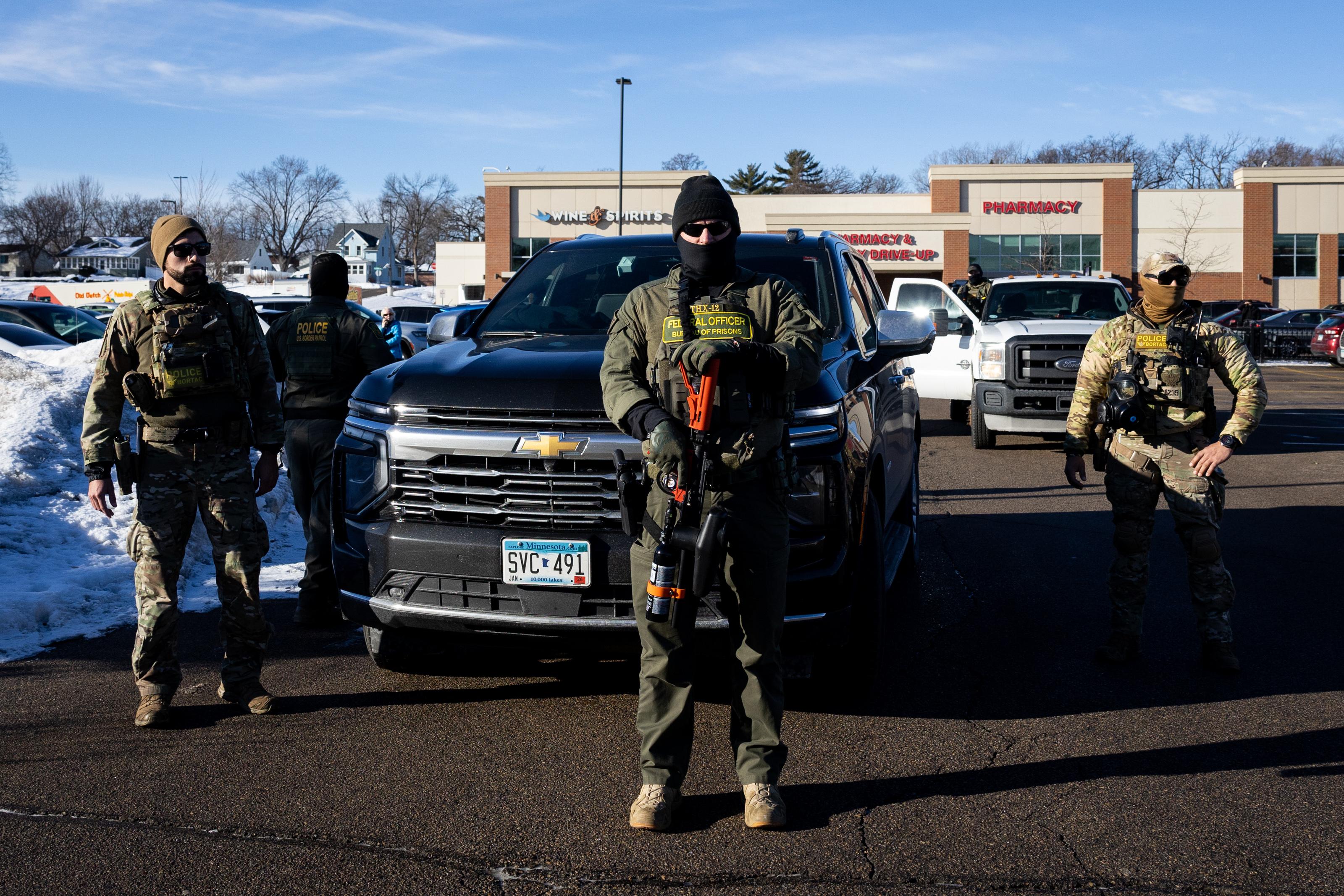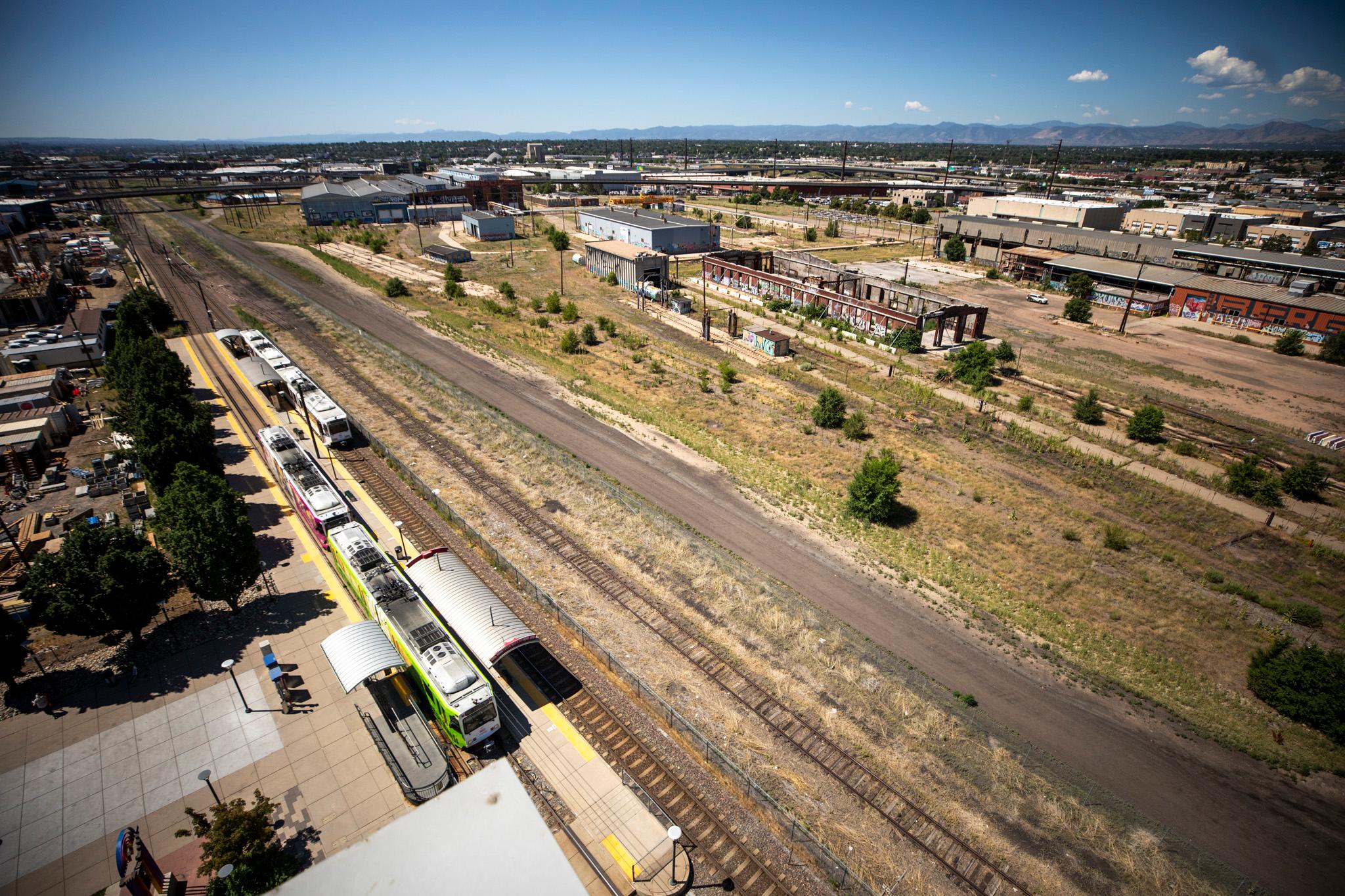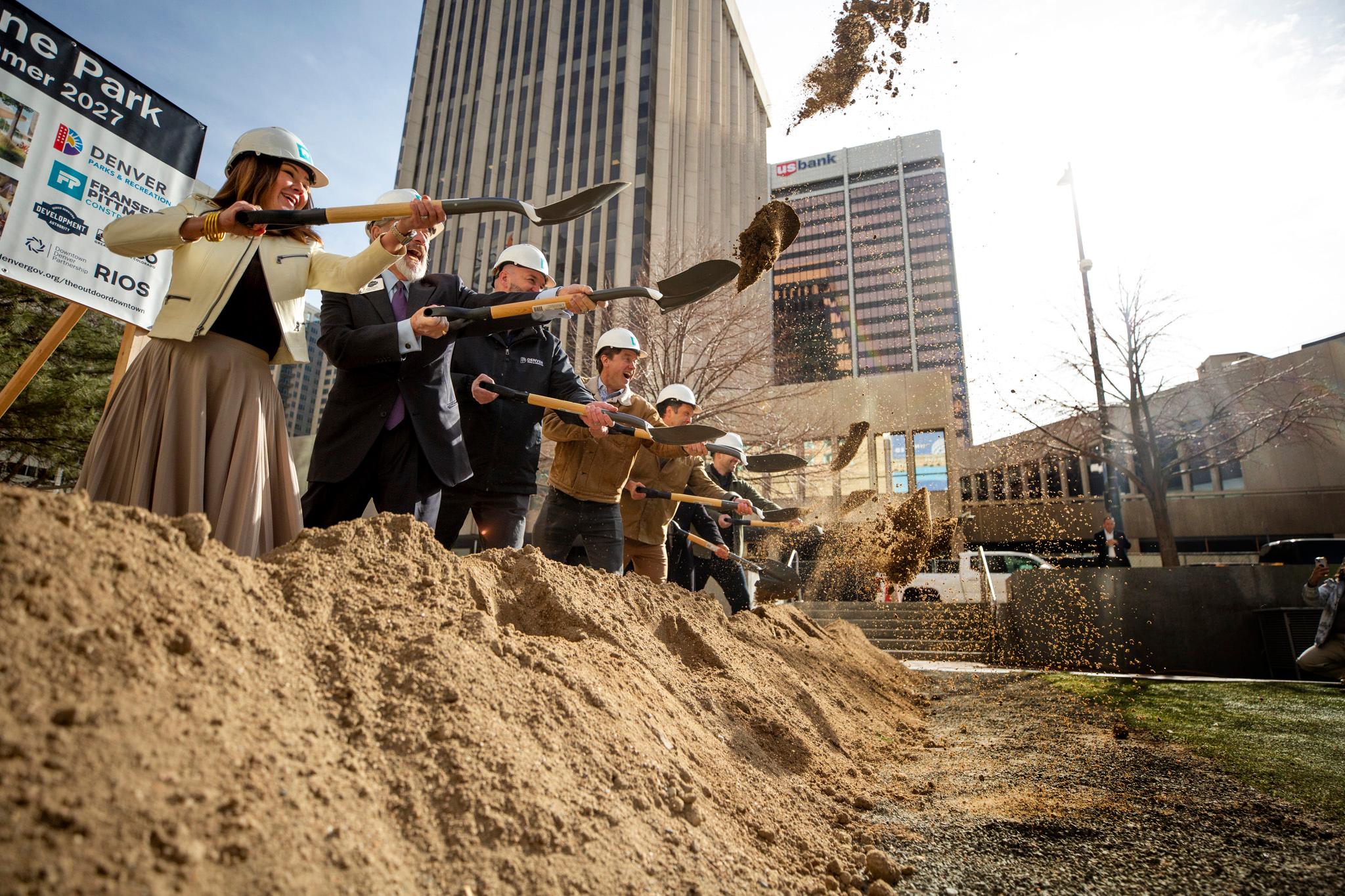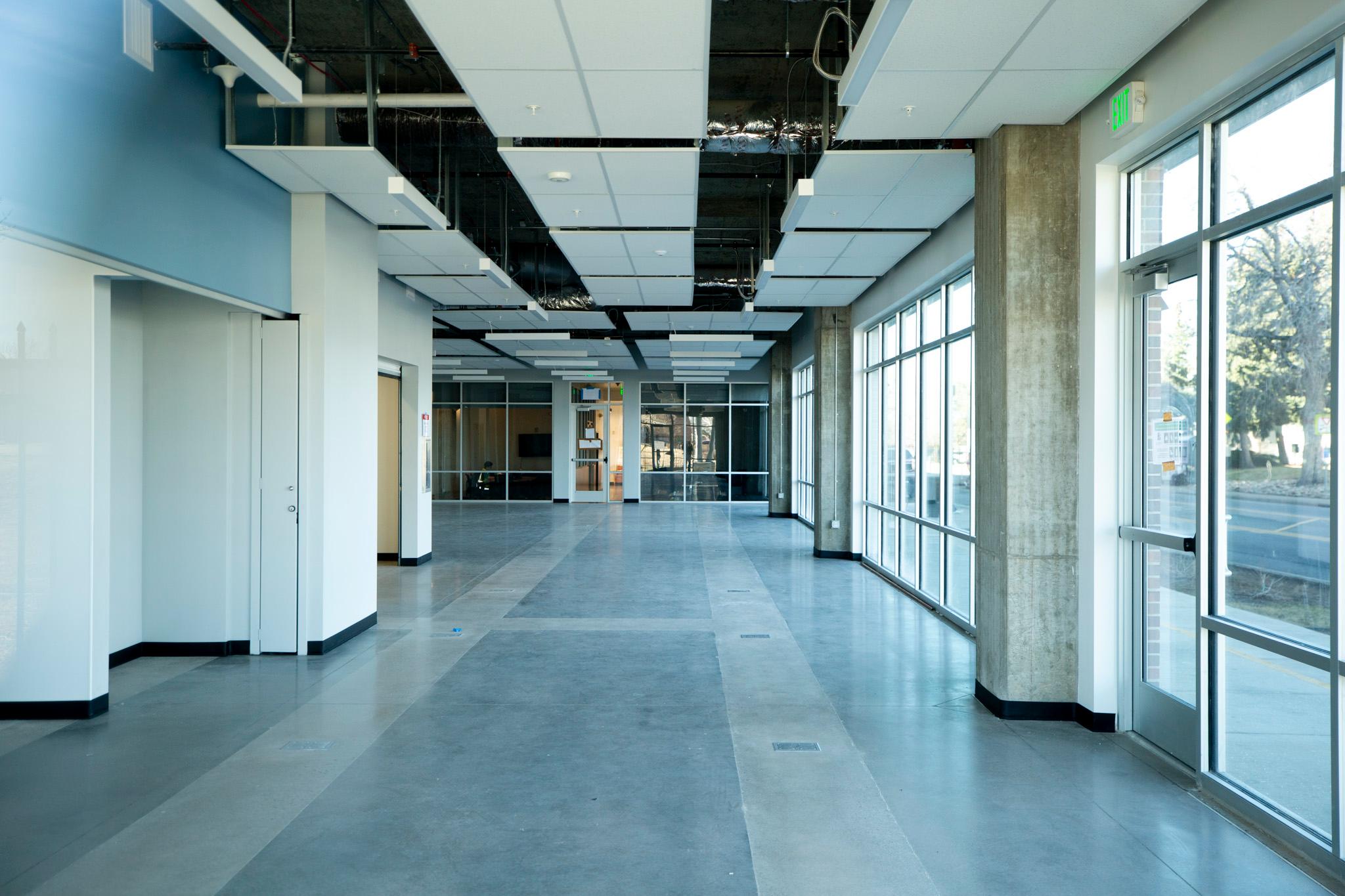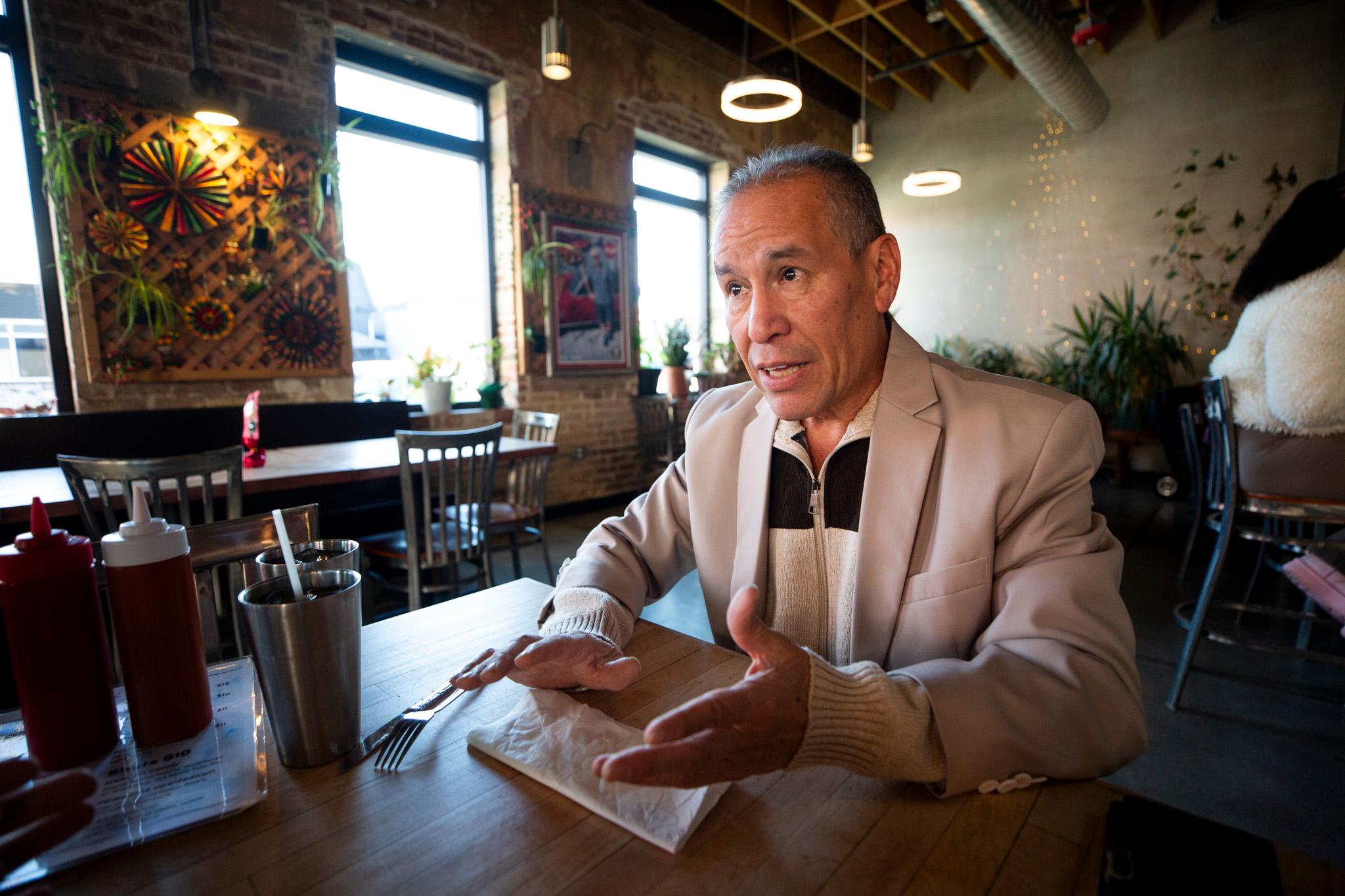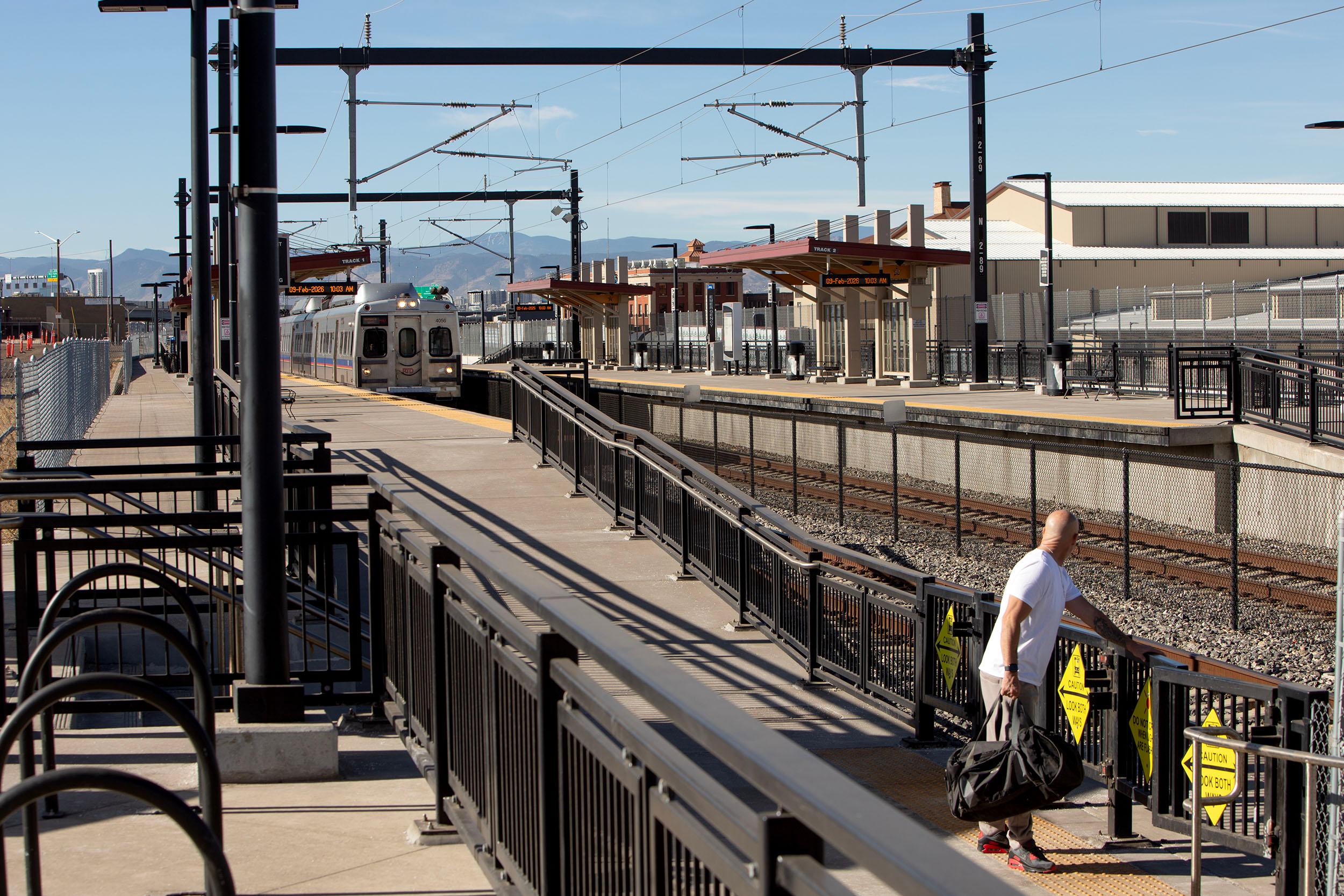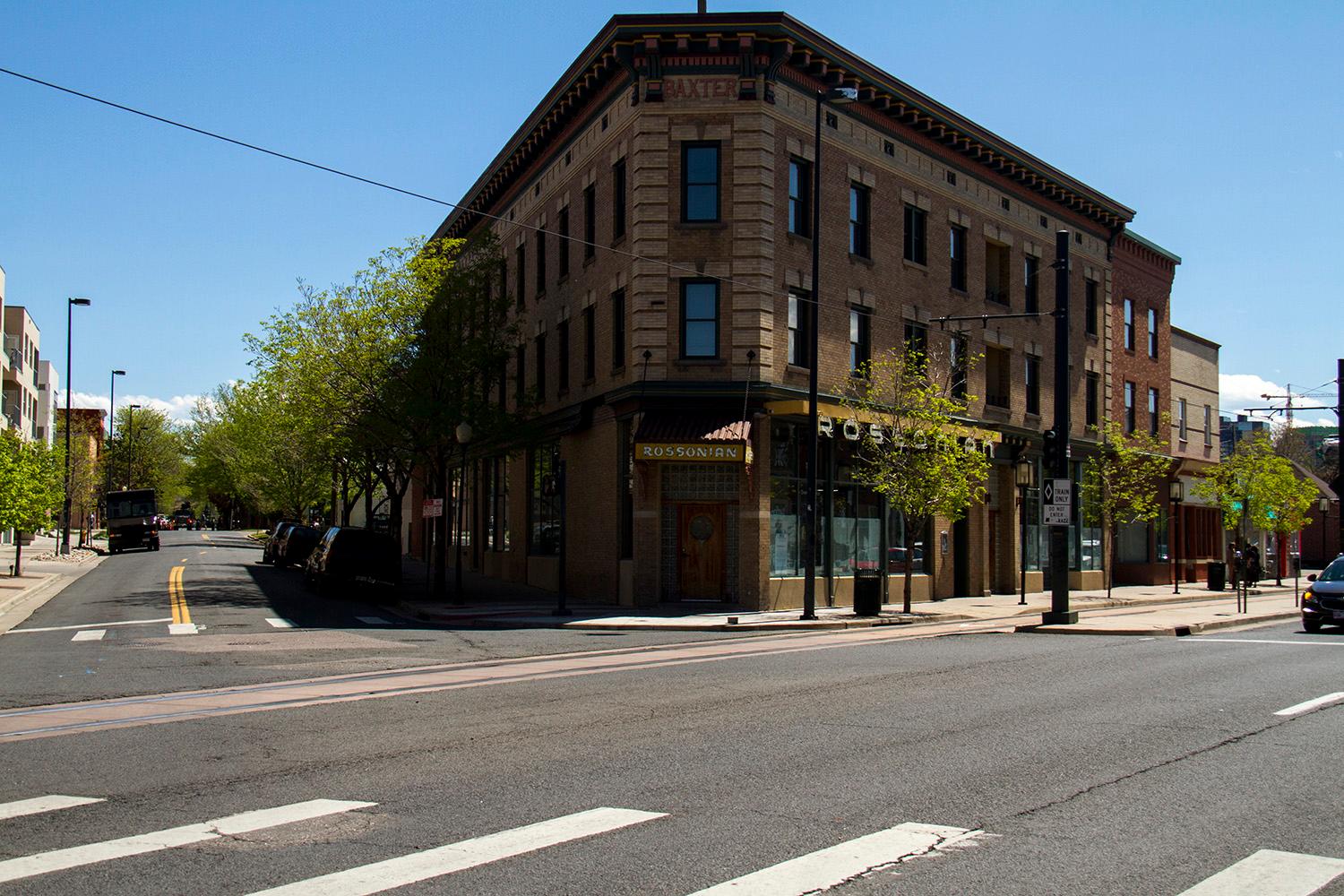
The newly approved Five Points Business Improvement District is "quite a feat" in the words of District 9 Councilman Albus Brooks, the culmination of years of community work that will secure a vibrant Welton Street corridor.
Some business owners are raising a skeptical eyebrow. Been there, done that, don't want to pay more taxes.
"I have seen this go through process after process," said Catherine Wallace, owner of Five Points Beauty and Barber Supply. "Neighborhood revitalization, that was in the late 70s. Then came the Welton Street Pedestrian Mall. That’s been in place for 25 years. It was supposed to have new improvements. Only got trash cans. Now we have the business improvement district, and I don’t know what the real costs are going to be."
Wallace's parents founded the business she now owns in the 1950s as Wallace Beauty Nook.
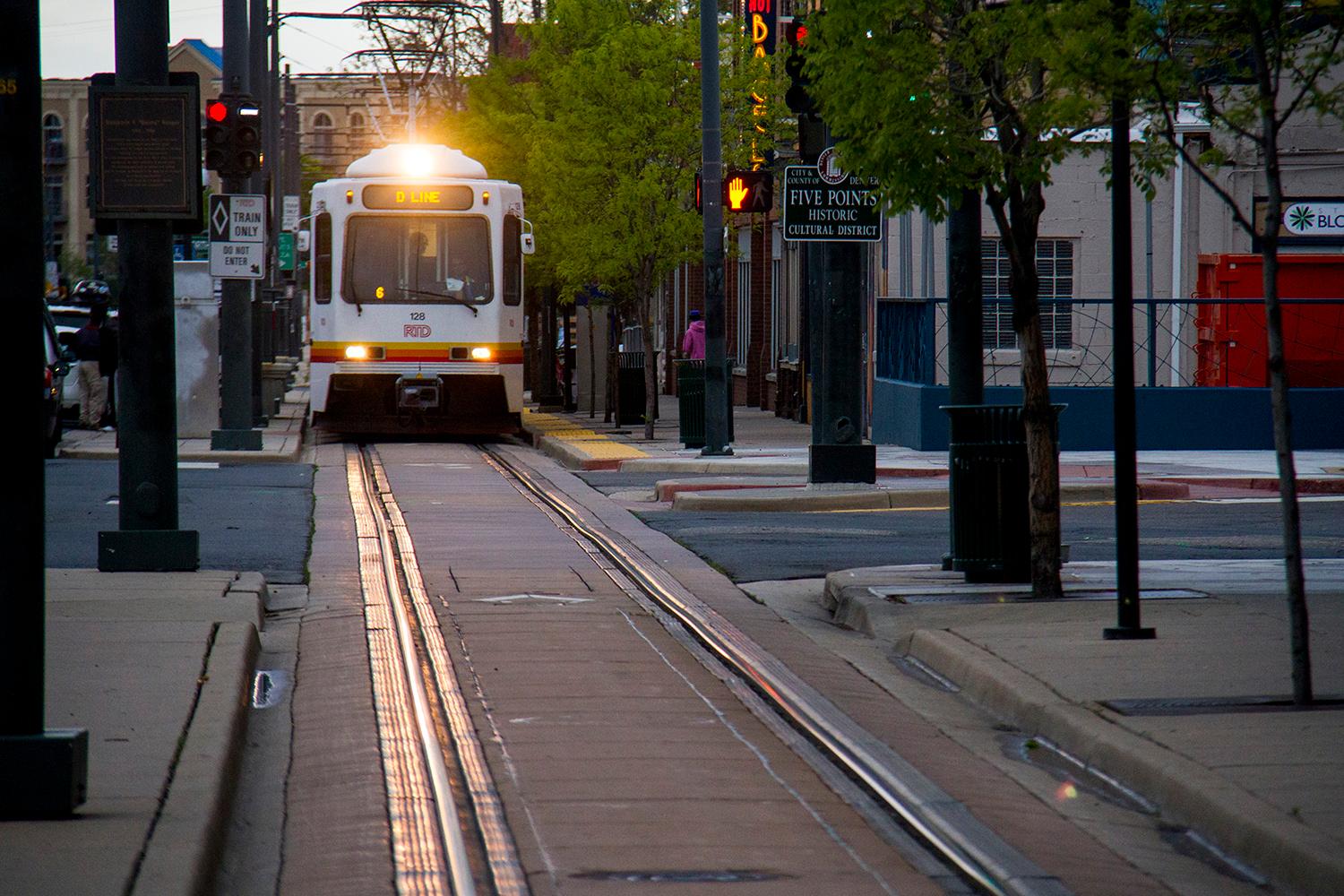
The push for a business improvement district began under the auspices of the Five Points Business District, a non-profit organization formed in 2009 that secured grants to develop a strategic vision for the neighborhood. It replaces the old Welton Street Pedestrian Mall Local Maintenance Corridor, which will be dissolved and its remaining funds rolled into the BID.
The chair of the committee that rounded up signatures and got property owners on board was Paul Books of Palisade Partners, a major presence on Welton since 2013. His projects include the Rossonian redevelopment, The Wheatley at Five Points and The Lydian, a mixed-use project at 2560 Welton St. that will receive $4.2 million in tax-increment financing for related public improvements.
"I had no idea stepping into this great neighborhood how much work and effort had gone into getting this Five Points neighborhood to the point it was at," Books told the Denver City Council.
The Business Improvement District covers more than 200 properties, mostly along Welton Street between 20th and Downing streets, but only 88 of those are commercial. Those properties represent some 700,000 square feet and more than $15 million in assessed value.
Mixed-use developments will pay the special assessment on the commercial portion of the property. Vacant parcels will pay according to how the assessor classifies the property.
The Denver City Council voted unanimously to approve the creation of the district on Tuesday.
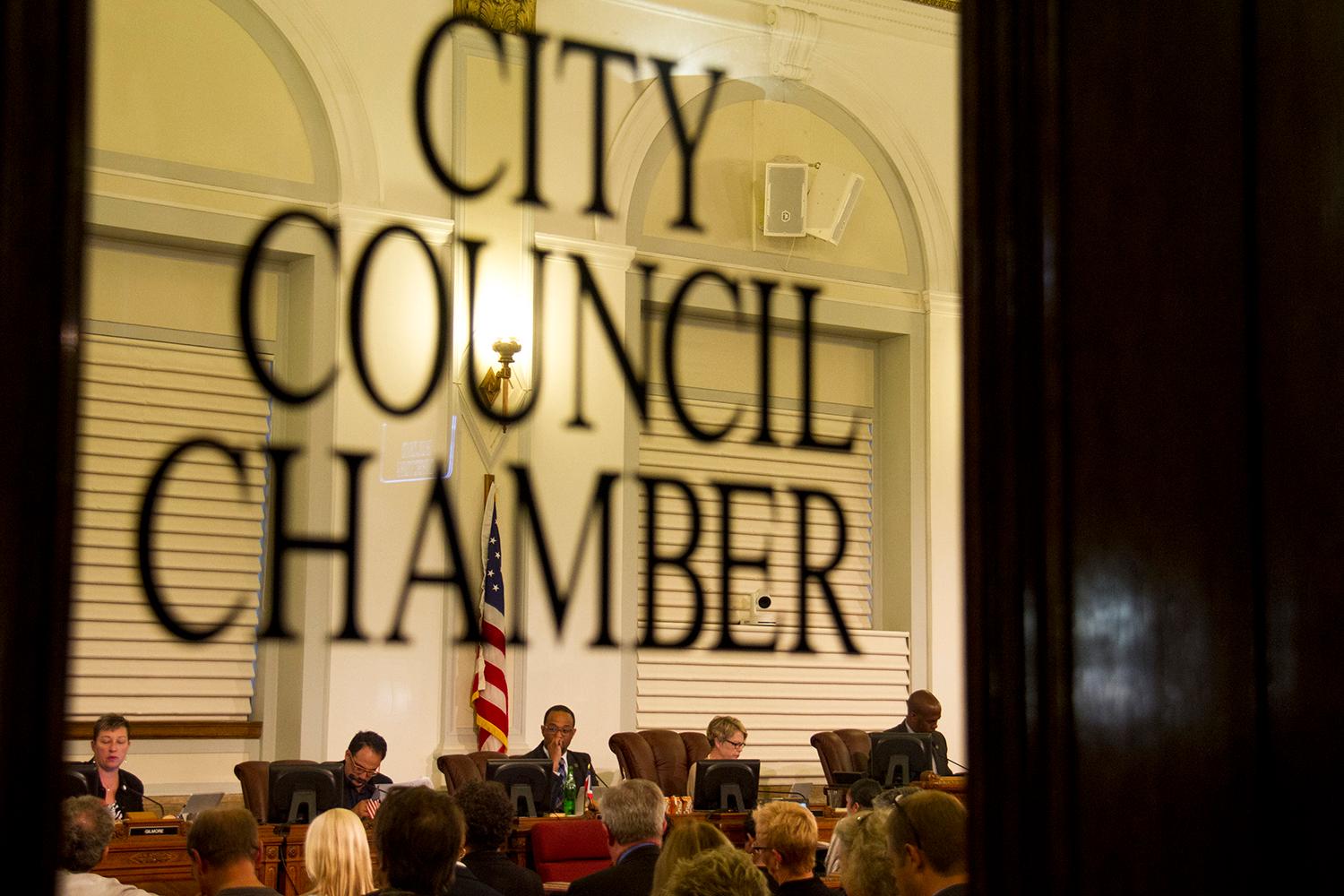
Funding, though, depends on the property owners.
In November, the 42 commercial property owners will vote on whether to tax themselves 10 mills (or 1 percent of their assessed value) to generate around $157,000 a year for the business improvement district. The assessment needs the approval of the owners of a majority of the acreage and a majority of the assessed value. The petition for the creation of the district meets both those criteria already, though the proof will be in the vote.
That money will go for maintenance ($88,000), security ($50,000) and marketing and branding ($12,000). There's also money for pedestrian lighting repairs, administrative costs and contingency.
In practical terms, this should mean graffiti removal, litter pickup, keeping tree wells maintained, bike and pedestrian amenities, public art and general promotion of the district, according to a BID budget filed with the city.
It might also mean hiring off-duty police to do more patrols, though that would get expensive very quickly, said Tracy Winchester, executive director of the Five Points Business District.
Winchester said the business improvement district ultimately will be what the business owners make of it.
"The non-profit organization cannot dictate what should happen in the corridor," she said. "Now it will be self-managed by the businesses. They need to come together and create the environment that they want for their businesses to thrive."
The district will operate for 10 years, at which point it could be renewed or disbanded.
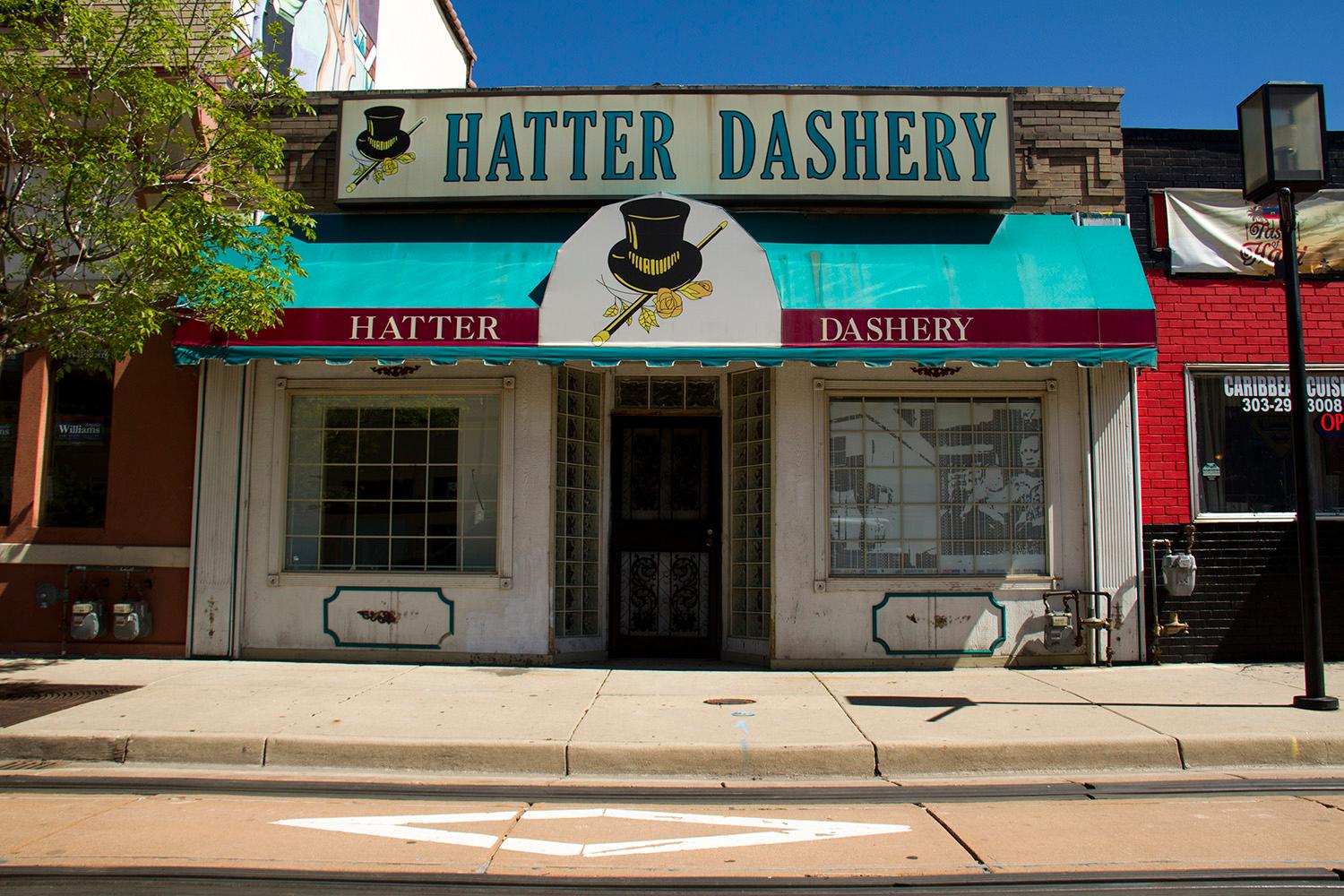
Myron Melnick of Myron Melnick Studios, 3001 Welton St., said no one approached him about the business improvement district despite his long-time investment in the neighborhood, including restoring a historic building that no one else thought worth saving back in 1996.
He said the business improvement district should wait until there has been more redevelopment of the corridor, if it is to happen at all, and residents should pay their share too.
"With the city booming, we have projects going in with hundreds of residents," he said. "I don’t want to be taxed to take care of the rest of the residents. We should all have a share in it, if that is what we are going to do."
Wallace said she will encourage other property owners to vote no. It's not that she doesn't think the corridor needs investment. If anything, some problems, like graffiti, seem worse than five years ago with the influx of people coming to events who are not, in her words, "property conscious."
But she doesn't think it's fair for a small number of property owners to carry the burden for the corridor, and she worries that over time, more and more money will go to administrative costs, leaving little for the promised improvements.
"If you're going to have someone drawing business into the district, they're going to want to get paid," she said.
Winchester said she would have preferred to do both a general improvement district, where the special assessment is charged on residential property, and a business improvement district. However, it didn't seem like there would be support among residents. The goal is to put forward something that will pass.
What makes this time different?
The business improvement district will be different and more successful than previous efforts because organizers know more now, Winchester said.
"There has been a lot of start and stop, start and stop," she said. "What has been happening in the past is 'if you build it, they will come,' get some government dollars, renovate this building, build that plaza. If we jump start it with just a project, it will go from there. And that’s not the case."
This time, the board of the BID will be made up of property owners and the projects will be based on careful studies and have consistent city support, she said.
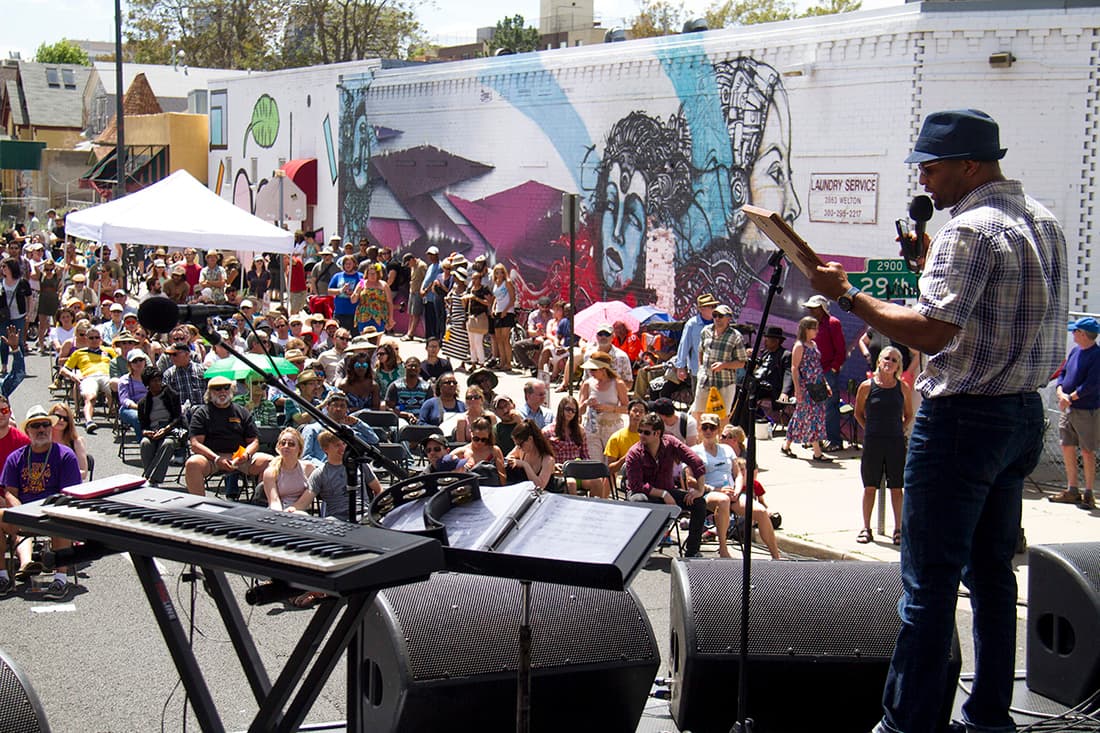
Brooks said that five years ago, he wouldn't have imagined Welton Street being the target of so much redevelopment. "Gentrification" is an unspoken fear, he said, but the high rates of African-American business ownership and the diverse leadership of the effort will mean the benefits are shared by long-time community members.
"We’re trying to bring that balance, and I think the business improvement district will keep us on par with what is happening in RiNo, what is happening in LoDo, what is happening in Ballpark, what is happening in Arapahoe Square," he said.

